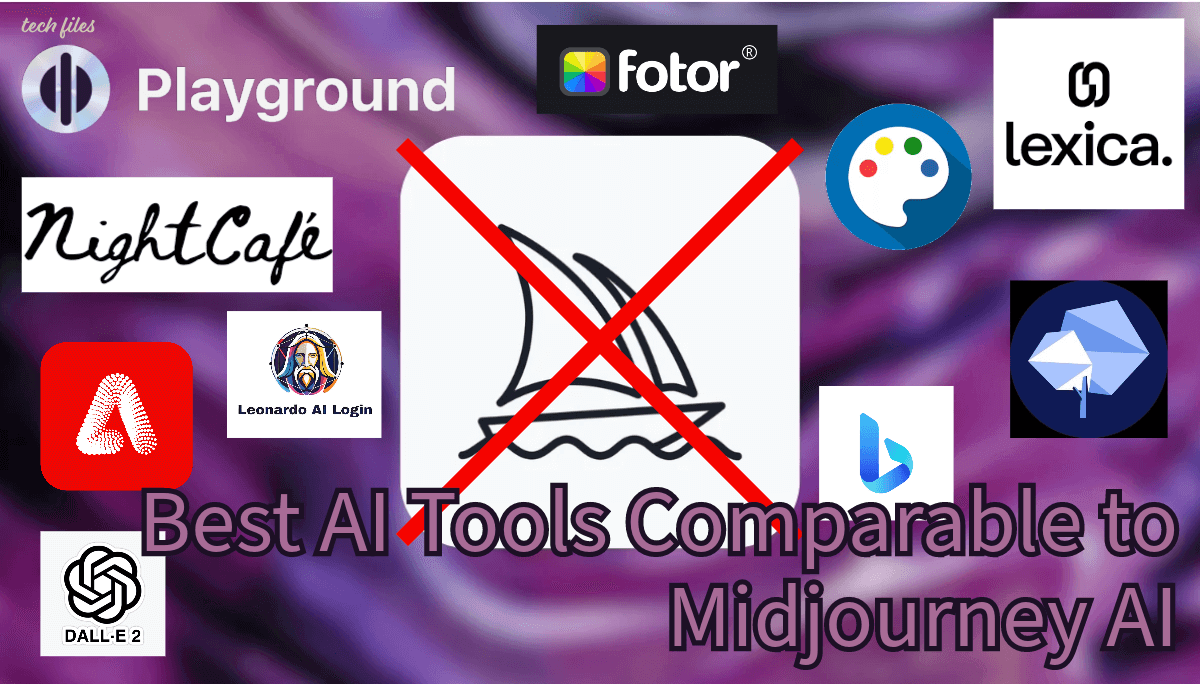How AI Tools work?

Artificial Intelligence (AI) has become a driving force in the world of technology, transforming various industries and revolutionizing the way we live and work. At the core of this technological revolution are AI tools, which harness the power of data, processing, and intelligent algorithms to automate tasks and make intelligent decisions. In this article, we will explore the fascinating world of AI tools, understanding how they work, and their impact on our lives.

Understanding the Functionality of AI Tools
AI tools are designed to mimic human intelligence, enabling machines to perform tasks that traditionally required human intervention. These tools leverage vast amounts of data, employ iterative processing, and utilize intelligent algorithms to learn from patterns or features within the data. The process of how AI tools work can be broadly categorized into several key steps.
Data Collection: The Foundation of AI Tools
The first step in the functioning of AI tools is data collection. Massive amounts of relevant data are gathered to train the AI tool to perform specific tasks. This data can encompass a variety of formats such as text, images, audio, or video. The more diverse and comprehensive the data, the better the AI tool can learn and make accurate predictions.
Data Preparation: Cleaning and Formatting
Once the data is collected, it needs to be prepared for training. This involves cleaning the data by removing errors or inconsistencies and formatting it in a way that the AI tool can comprehend. Data preparation is a critical step as it ensures the quality and accuracy of the training process.
Model Training: Unleashing the Power of Machine Learning
With the data prepared, the AI tool is ready for training. Model training involves using machine learning algorithms to identify patterns and features within the data. The algorithm learns to associate these patterns with specific outcomes, enabling the AI tool to make predictions or perform tasks based on the patterns it has learned.
Model Evaluation: Ensuring Performance and Generalization
After the AI tool has been trained, it undergoes evaluation to assess its performance on a set of test data. This evaluation helps determine how well the AI tool can generalize to new data and perform the intended task. It also allows for fine-tuning and improvement of the model if necessary.
Model Deployment: From Testing to Real-World Application
If the AI tool performs well during the evaluation phase, it is ready for deployment. Model deployment involves using the trained AI tool to make predictions or perform tasks on new data. This is where the true value of AI tools comes into play, as they can automate processes, analyze data, and make intelligent decisions without human intervention.
Types of AI Tools
AI tools can be categorized into various types, each with its unique capabilities and applications. Let’s explore some of the most common types of AI tools:
Natural Language Processing (NLP) Tools
NLP tools enable machines to understand and interpret human language. These tools can process text, speech, and even emotions, allowing for tasks such as language translation, sentiment analysis, chatbots, and voice assistants. NLP tools are widely used in customer service, content generation, and language-based applications.
Computer Vision Tools
Computer vision tools enable machines to interpret and understand visual data, such as images and videos. These tools can identify objects, analyze patterns, and even recognize faces. Computer vision finds applications in areas like autonomous vehicles, surveillance systems, medical imaging, and augmented reality.
Recommendation Systems
Recommendation systems are AI tools that analyze user preferences and behavior to provide personalized recommendations. These tools are commonly used in e-commerce platforms, streaming services, and social media platforms to suggest products, movies, or content based on user preferences and past interactions.
Predictive Analytics Tools
Predictive analytics tools utilize AI algorithms to analyze historical data and make predictions about future outcomes. These tools are extensively used in finance, marketing, healthcare, and other industries to forecast trends, optimize processes, and make data-driven decisions.
The Impact of AI Tools on Various Industries
AI tools are transforming numerous industries, enhancing efficiency, and enabling innovation. Let’s take a closer look at how AI tools are revolutionizing some key sectors:
Healthcare
In the healthcare industry, AI tools are being used to assist in medical diagnoses, drug discovery, and patient care. Machine learning algorithms can analyze medical images to detect diseases, predict patient outcomes, and identify potential treatments. AI tools also enable personalized medicine by analyzing patient data to deliver tailored treatment plans.
Finance
The finance industry heavily relies on AI tools for tasks such as fraud detection, risk assessment, and algorithmic trading. Machine learning algorithms can analyze vast amounts of financial data in real-time, enabling accurate predictions and mitigating risks. AI tools also enhance customer service by providing personalized financial recommendations and improving the efficiency of banking operations.
Manufacturing
In the manufacturing sector, AI tools are revolutionizing the production process and supply chain management. Intelligent robots powered by AI can perform complex tasks with precision and consistency, improving productivity and reducing errors. AI tools also optimize inventory management, predicting demand patterns and ensuring efficient logistics.
Marketing and Advertising
AI tools are transforming the way marketing and advertising campaigns are executed. Machine learning algorithms analyze customer behavior and preferences to deliver targeted advertisements and personalized marketing messages. AI tools also automate tasks such as content generation, social media management, and customer segmentation, enabling marketers to optimize their strategies and improve campaign effectiveness.
Ethical Considerations and Future Implications
While AI tools offer immense potential and benefits, they also raise ethical concerns and considerations. As AI becomes more integrated into our lives, it is essential to ensure transparency, privacy, and accountability. Additionally, there is a need to address potential biases in AI algorithms and ensure fairness and inclusivity.
Looking ahead, the future of AI tools holds exciting possibilities. As technology advances, AI tools will continue to evolve, becoming more sophisticated and capable. The integration of AI tools with other emerging technologies such as the Internet of Things (IoT) and blockchain will further expand their applications and impact across industries.
Conclusion
AI tools are transforming the future of technology by harnessing the power of data, processing, and intelligent algorithms. These tools have the potential to revolutionize various industries, automate tasks, and make intelligent decisions. As we embrace the capabilities of AI tools, it is crucial to navigate the ethical considerations and leverage this technology responsibly for the betterment of society.













Sharing is caring!